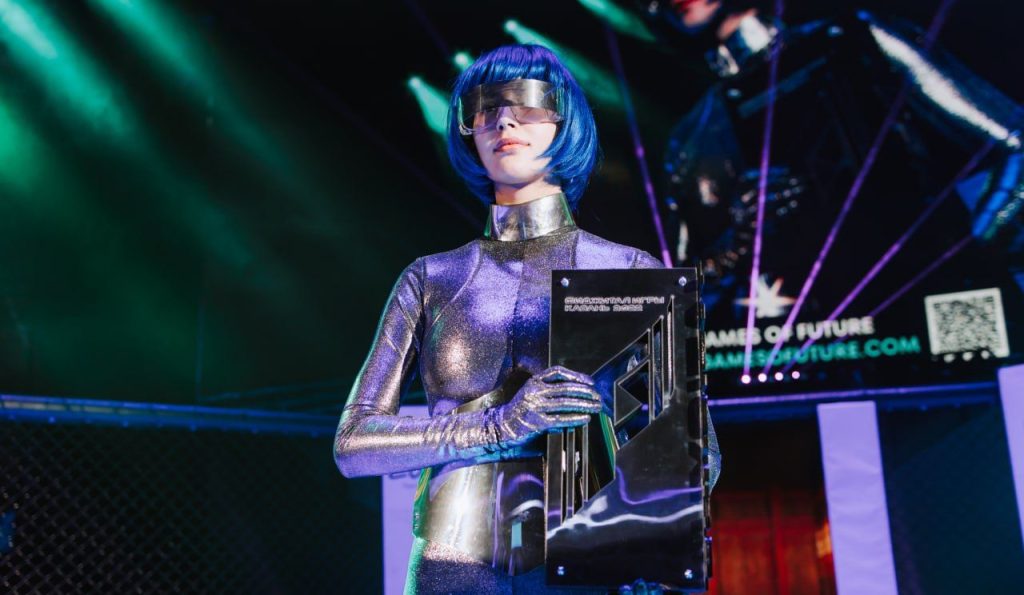
Later this month, esports teams from across the globe will take part in Games of the Future — an experimental tournament blending sports and esports. With a $10m (~£7.94m) overall prize pool and unprecedented political backing, there’s a lot to compete for. There’s just one catch: it’s in Russia.
Taking place from February 19th-March 3rd, Games of the Future is a daring $58m (~£46m) Russian government-funded project fraught with legal uncertainties and geopolitical tension. Little has been reported about the event in Western media. Here’s what we know so far.
A political project
Games of the Future is built on the concept of what organisers call ‘phygital’ sports — a combination of esports, physical activity and other nascent tech like VR and drones. It will feature physical activities blended with tournaments in Dota 2, Counter-Strike, Mobile Legends: Bang Bang and more — which it likely doesn’t have permission to use.
The event has political backing from the highest levels of Russian government. At the St Petersburg International Economic Forum in June 2022, Russia’s Deputy Prime Minister Dmitry Chernyshenko announced that the ‘Games of the Future’ would be held in Kazan, a relatively wealthy city in eastern Russia.
In March 2023, a joint statement signed by Russian President Vladimir Putin and Chinese President Xi Jinping in Moscow announced that two countries would cooperate on the event, The Esports Advocate reported. China said it would ‘support’ the event due to the two countries’ shared disagreement with Russia’s exclusion from international sporting events. “Both sides object to politicising in sports, and hope sports can promote peace and unity,” the joint statement reportedly read.
It is not clear how or whether the Chinese government is still involved in this edition of Games of the Future. It appears to have gone on to be entirely Russian government funded, though Xi Jinping did confirm to Putin on February 8th that Chinese athletes would be participating at the event. Putin also invited China to host the next edition in 2026.
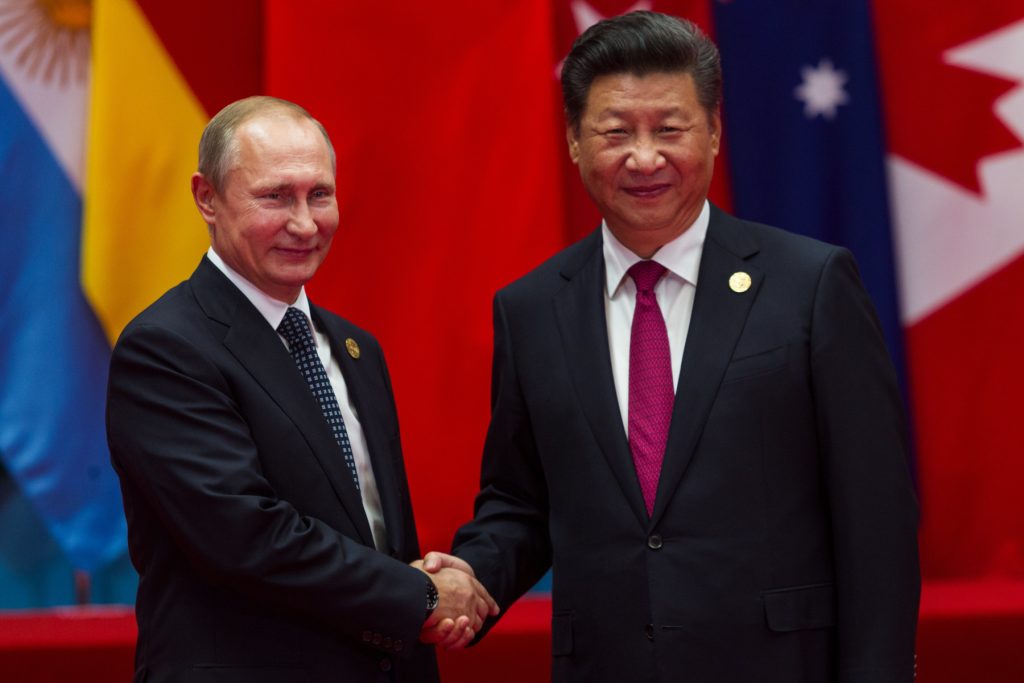
In December 2023, Vladimir Putin personally signed into law a bill that set the event into motion. Real Time reported that the event’s budget is ₽5.3bn rubles — the equivalent of $58.3m (~£46.8m). Games of the Future’s website lists a $10m prize pool split amongst the various challenges, though multiple official sources including Russia’s state news agency continue to report a $25m prize pool. Games of the Future did not respond to a request for clarification.
At the heart of the project is Dmitry Chernyshenko, Deputy Prime Minister of Russia for Tourism, Sport, Culture and Communications, the ministry in charge of Games of the Future. Chernyshenko is currently sanctioned by the US, EU and UK amongst other countries. He was also reprimanded by the International Olympic Committee in 2017 for playing a role in Russia’s 2014 Winter Olympics doping scandal.
The two lead partners for the event are Russian Railways and Gazprom — both of which Chernyshenko also serves or served on the Board of Directors for, and are themselves subject to sanctions. Additional partners include Gazprom-Neft, Russian mobile operator YOTA, investment company Interros, game store VK Play and bookmaker Liga Stavok, amongst others.
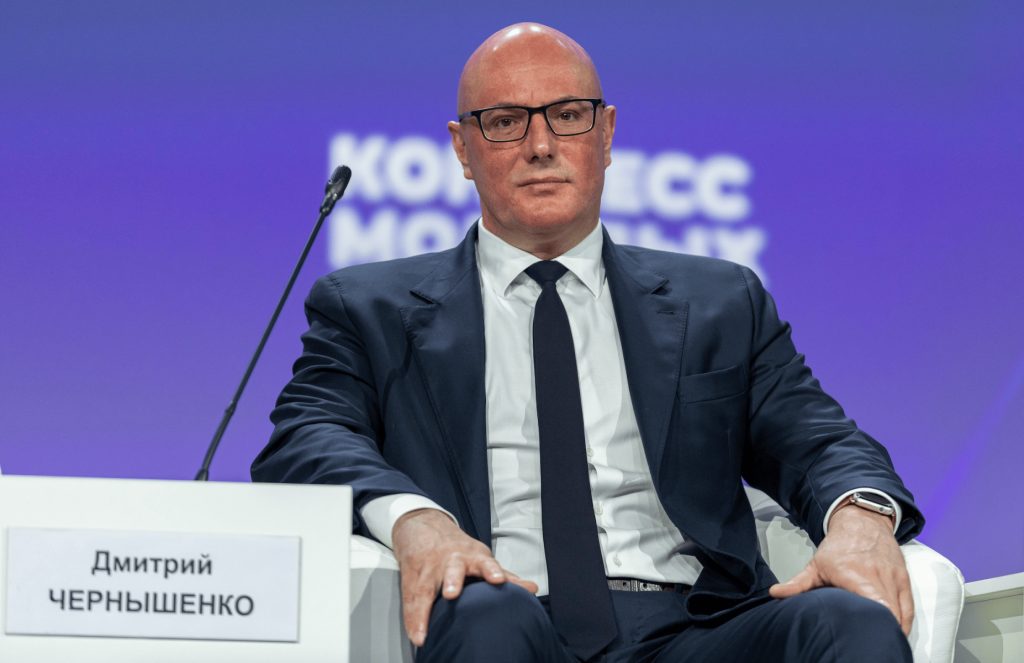
International participation
Russia has been the subject of international sanctions and financial exclusion from most of the Western world as a result of its ongoing full-scale invasion of Ukraine that started in 2022.
But despite its host nation’s status as a global pariah, a handful of major esports teams are taking part in the Russian government-funded event. This has been met with fierce criticism by those personally affected by the war. “Russia is a terrorist country that unleashed the bloodiest war since World War II. You are idiots if you go there of your own free will,” Ukrainian caster Oleksii Bafadarov commented on X. Nonetheless, more than 150 athletes from 17 countries are set to participate in the $1m Mobile Legends: Bang Bang (MLBB) tournament alone, Russian state-owned news agency TASS reported in January.
Visas are often a headache for esports players, especially so for a country like Russia. But visas for Games of the Future likely won’t be a problem — since Russia’s Ministry of Foreign Affairs directly sent out the invites itself to 100 countries, Sports Business Online.ru reported. It is not clear which representative bodies received the invitations.
Prominent participants include North American organisation Beastcoast, South America’s BOOM Esports and Thunder Awaken, Indonesia’s Team RRQ and ONIC, Philippines’ Blacklist International and current MLBB World Champion AP.BREN (Bren Esports), Singapore’s Team Flash and more. Teams from China, India, Turkey, Saudi Arabia, Singapore, Mongolia, Cambodia and others are also attending.
G2.iG, a joint-venture Dota team between G2 Esports and China’s Invictus Gaming, is also attending — however an update to the event’s Liquipedia page on February 6th removed reference to G2. One person with knowledge of the matter said Invictus wanted to attend but G2 did not want to be involved. G2 did not respond when asked why its branding was removed, and whether it would still profit from the event. US-based Nouns and UAE’s Nigma Galaxy were scheduled to attend but have since withdrawn. Neither responded to requests for comment on the reasons for their withdrawal.
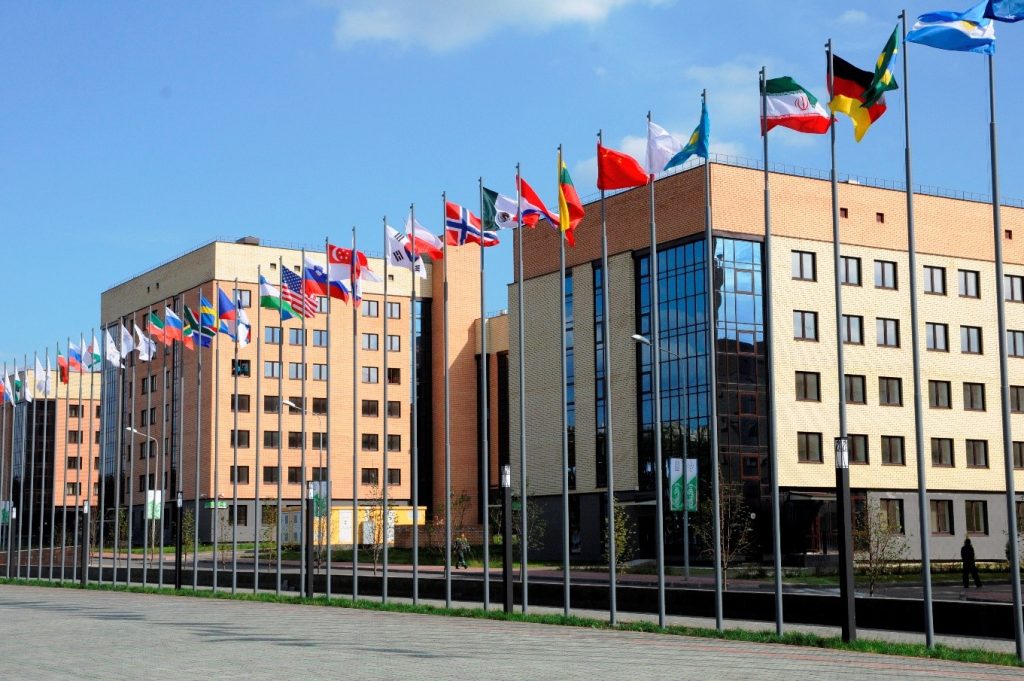
Qatar-based PSG Quest, a joint venture between French football club PSG and Team Quest, will also be present. Heroic was invited but declined an invitation to the event, the organisation’s Dota 2 coach confirmed in a post on X. Esports Insider understands some other Western Dota 2 teams also rejected invites to the event.
The participation of organisations from East and Southeast Asia is not particularly surprising, given the relative neutrality and lack of sanctions towards Russia by many countries in the regions. Both China and India for example maintain officially neutral positions on the Russia-Ukraine war. It would not be unusual for companies in the region to participate or receive prize money, an industry source from the region explained. As the source put it, “it is not their war.”
However, the participation of Western-based organisations is far more surprising given what’s at stake from a legal and PR perspective. EU rules for example state that transactions with states or entities which are subject to EU sanctions is a criminal offence.
Leonid Shmatenko, Senior Associate at international law firm Eversheds Sutherland, told Esports Insider that sanctions would make it difficult — both legally and logistically — for Western teams to receive and convert prize money.
“Sanctions from the US, UK, and EU have targeted GazpromBank and other financial institutions, restricting their international banking operations,” he explained. “Consequently, converting or transferring prize money out of Russia in Rubles could be problematic.”
“It largely depends on the specific sanctions regulations of their home countries and the mechanisms through which the prize money is processed and received. Given the diverse list of participating countries, including teams from the US, Peru, Turkey, China, India, Philippines, Indonesia, Singapore, etc., the impact of sanctions will vary.”
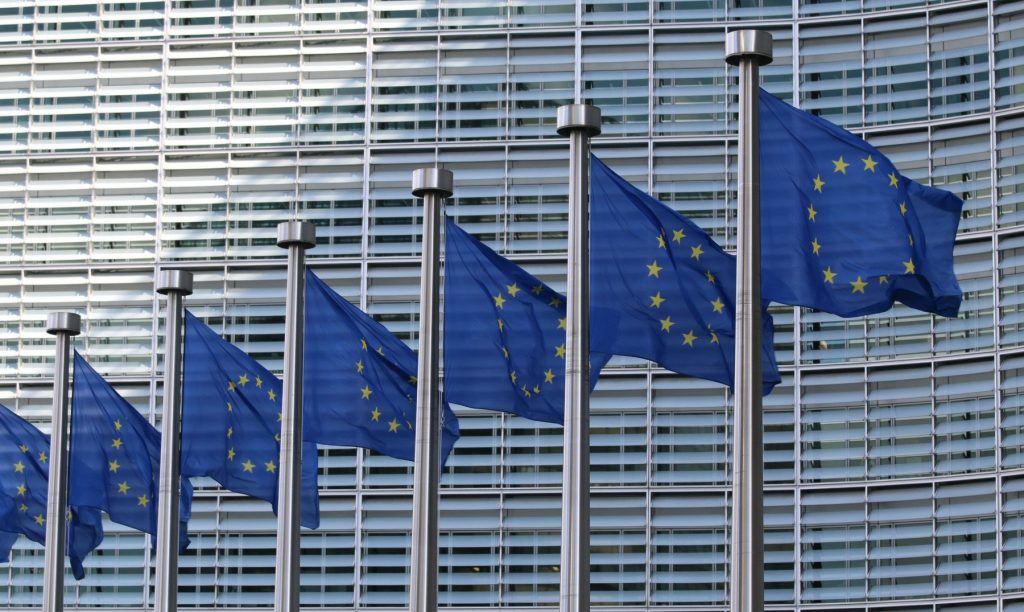
Licensing concerns
Game publishers and developers require tournament organisers to obtain a licence in order to run large esports tournaments, which often involves paying a fee. It appears likely that Games of the Future did not receive permission to use many of the titles it plans to run tournaments in — an unprecedented challenge to the rights of video game IP holders.
Games of the Future is organised by the ‘Agency for the Development of Computer Sports and Other Sports’ (ARKIVS), which owns the rights to the tournament. In March 2023, ARKIVS told Kommersant and other Russian news outlets that it had obtained licensing agreements for some foreign video games, but negotiations were ‘underway’ with others, without specifying which. However later that day Chinese developer Moonton, touted as the most likely to cooperate, told Kommersant it had not granted a licence to Games of the Future for Mobile Legends: Bang Bang. “Publishers are not very positive about cooperation with us,” event organisers later told another outlet.
In December 2023, the Russian parliament subsequently discussed a new bill that would allow Russian tournament operators to run events without needing to obtain licences or approval from game publishers. Esports Legal News reported that the legislation specifically proposed introducing a new term to describe the integration of physical activity with digital technologies. It suggested the ‘free use’ of such activity in Russia, inter alia amending the Russian Civil Code to accommodate these changes.
Mortal Kombat has also been reported as part of the event, but Esports Insider could not confirm this. Valve, Moonton, Mortal Kombat publisher Warner Bros. Games and WARFACE publisher My.Games all refused or did not respond to requests for comment on whether they’d approved tournament licences for Games of the Future.
Leonid Shmatenko said it is unlikely that the issuance of a tournament licence itself would run afoul of sanctions rules, but that Western publishers probably wouldn’t have granted tournament licences for reputational reasons.
Games of the Future, if it is unlicensed, would likely be the first high-profile esports tournament in history with a major prize pool to run without the approval of game publishers.
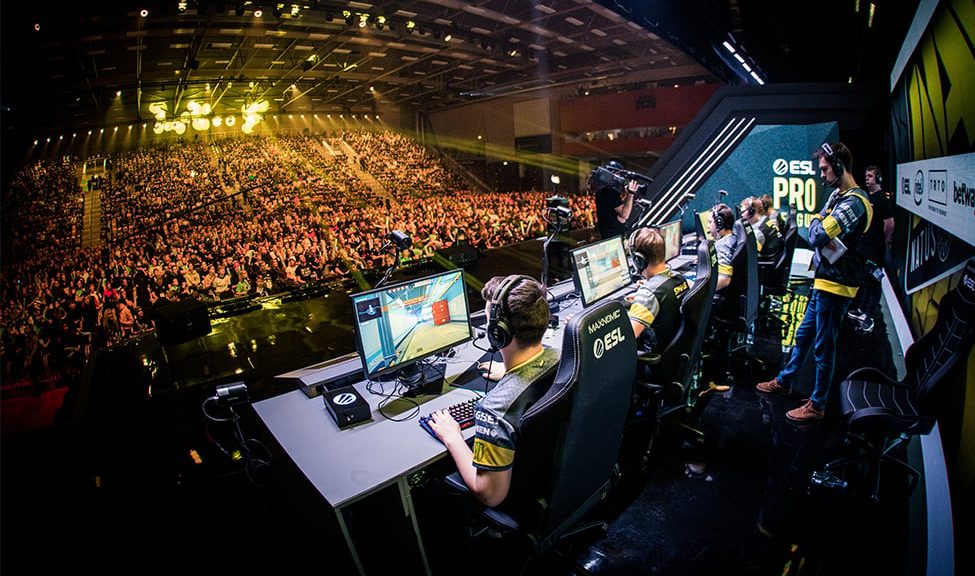
Government involvement in esports
While the law regulating the event sets out its official goals, which includes promoting the ‘phygital’ sports concept and recognising sporting talent, the history of the event offers insight into its underlying political function.
At a forum appropriately titled ‘Russia – a sports power’ in 2021 first announcing the event, Chernyshenko reportedly presented Games of the Future’s ‘phygital’ concept as an alternative to the Olympic and sporting establishment that has rebuked Russia for its succession of scandals and transgressions over the last decade. (Russia has also been suspended from the International Esports Federation for undermining Ukraine’s sovereignty.)
Sources told Sports Business Online.ru that Chernyshenko wanted to create a sports movement from which Russia couldn’t be “thrown out.” A Russian press email about Games of the Future, reviewed by Esports Insider, also claimed the Games were a response to Russia being ‘ignored’ in serious sporting competitions.
The inaugural Games of the Future comes at a time of increased direct state involvement in the esports industry, as governments recognise the potential of leveraging esports’ popularity and cultural capital for political gain. The Saudi Arabian government through its Public Investment Fund has invested billions to buy up and consolidate the global esports tournament organiser market. In 2022, the Indian government banned wildly popular esports title Free Fire citing national security concerns related to China, and the US and UK militaries have sponsored esports tournaments in an attempt to reach and recruit young gamers.
Direct government involvement and ownership in esports has been met with concern by many fans and commentators, who view efforts by authoritarian governments to run flashy, expensive esports tournaments as ‘esportswashing’ — an attempt to distract from their human rights record through sports and entertainment.
Saudi Arabia, though, is a Western ally — Russia is very much the opposite. For companies in the global esports industry navigating the complex legal and political reverberations of the Russia-Ukraine conflict, Games of the Future raises the stakes significantly.
Editor’s note: Leonid Shmatenko said his views do not necessarily reflect those of his employer, or its clients.
UPDATE 5:30pm 14/02/2024: This article previously stated Russia had been kicked out of the International Esports Federation, rather than suspended.
